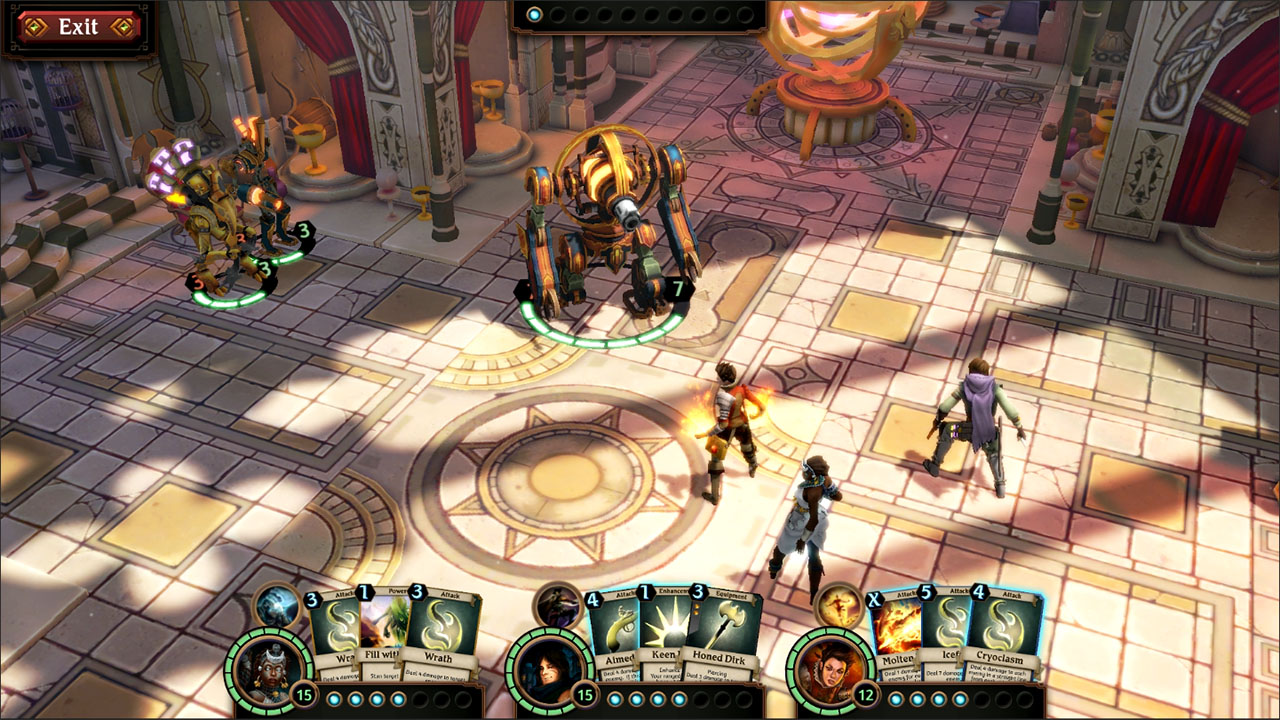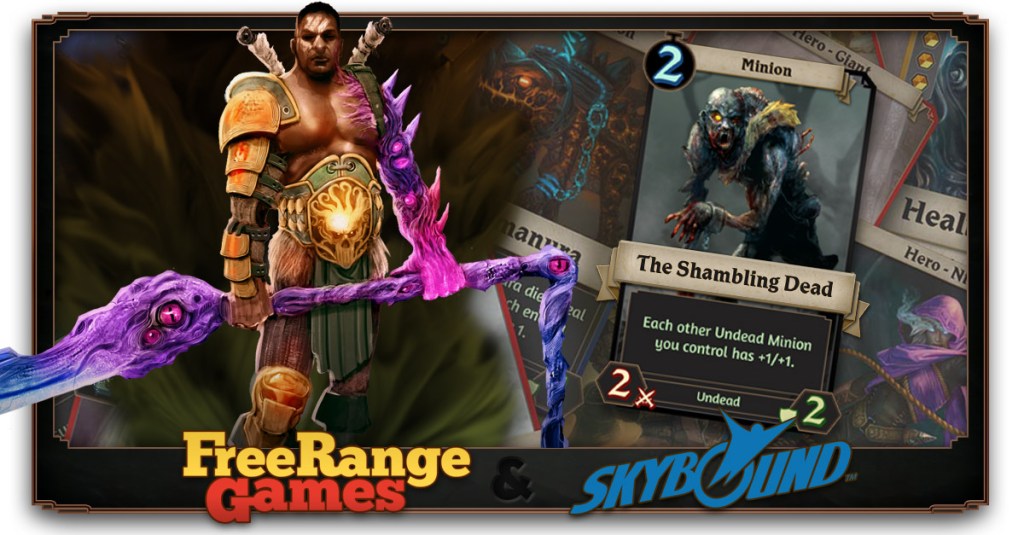During my high-school years when I was both an avid Magic: The Gathering player and Dungeons & Dragons player, I wondered whether blending the two would ever work. It seemed possible in my head at least, where every turn your character could only perform actions on the board that were available in your hand. And then after every turn, you would refresh your hand with new cards from the deck.
It wouldn't be a terribly difficult game to make, though one understandably niche compared to more action-driven genres. Lo and behold, Labyrinth from Free Range Games brings this idea to fruition, and so far in Early Access, it's off to a bright start.
The basic idea of Labyrinth is bringing a party of three characters to defeat a boss on a tactical grid-based level. Each character has a specific hero deck of 30 cards with up to 3 copies of a card. During that character's turn, you can move a certain number of spaces, perform a basic attack and guard, and use a number of cards in that character's hand, but the main cost of a card is time. The turn table, shown at the top of the screen, will tell you when your character's next turn will be, so using the most powerful cards may get you out of a bind now but may destroy your party in the coming turns while you sit around and look pretty.
This turn-based cost became very clear in a boss fight against Radaghar the Hordecaller, whose main deck strategy is summoning spirit warriors that bolster each other's attack and defense. Yes, boss character fight with decks as well and draw cards in a set order as well (more on that later). For a point of comparison, Radaghar is essentially playing a sliver deck, for you MTG fans, a remark that Creative Director Bradley Fulton chuckled at when I pointed it out to him at a private meeting. Attacking the boss is clearly important, but letting the board fill with minions is a death sentence waiting to happen.
To even the odds, the roster of available characters has a specific pool of points depending on their class: Warfare for fighters, Faith for crowd control, Skullduggery for rogues, and Wizardry for magic users. The best cards in each character's hand tend to require at least a few points from this pool and tend to deal plenty of damage to get you out of a tight spot. As characters earn experience and gain levels, they will earn access to better cards for their deck as a reward for your effort.
The other pivotal aspect about Labyrinth is that every dungeon you will encounter is made by another player. Currently in Early Access, the dungeons have been created by the developers for testing purposes, but otherwise, you will be responsible for protecting your castle by forming the right boss decks along with the right hero decks.
As Labyrinth heads toward a full release, it will continue to add playable characters and allow you to customize decks more fully. Unlike most games made for cross-platform play between Steam, iOS and Android, there will be no annoying energy mechanic; you'll be able to play the game as much as you want without having to wait. Better yet, Free Range Games has a long, five-year plan for content including cards, PvE adventures, PvP synchronous play, co-operative modes, guilds, skins, and tournaments.
The game is currently $9.99 in Steam Early Access, but the game will be free-to-play when it releases, with those who pay for Early Access getting some bonus, which will likely be gold and stardust to purchase more card packs and craft additional cards. You don't need to purchase packs at all, which will be around the $3 mark for two booster packs and $70-80 for 50 packs, as you'll earn roughly enough gold with Daily Rewards to open at least one pack a day. Purchasing packs will only accelerate your progress, but it's your skill that will matter most.
If Labyrinth can continue this momentum, it can become a genre-defining game that will shape CCGs and mobile games into the future.
Labyrinth
-
Labyrinth #1
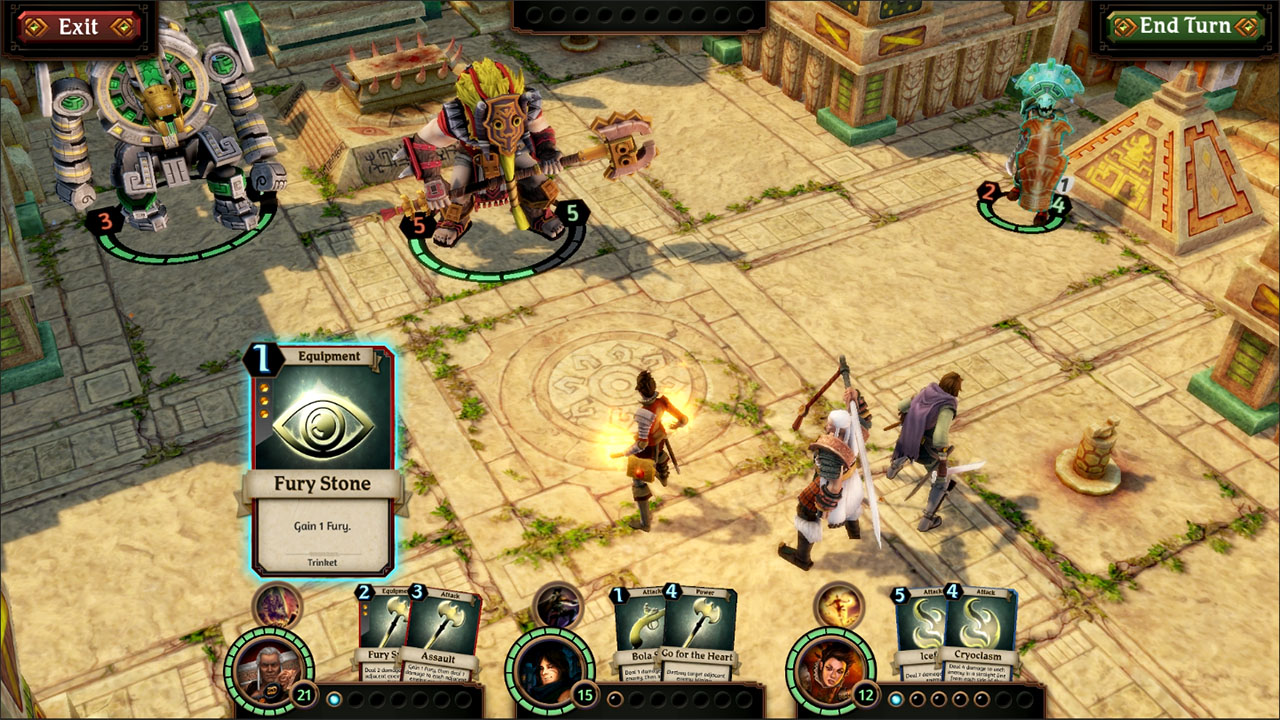
-
Labyrinth #2
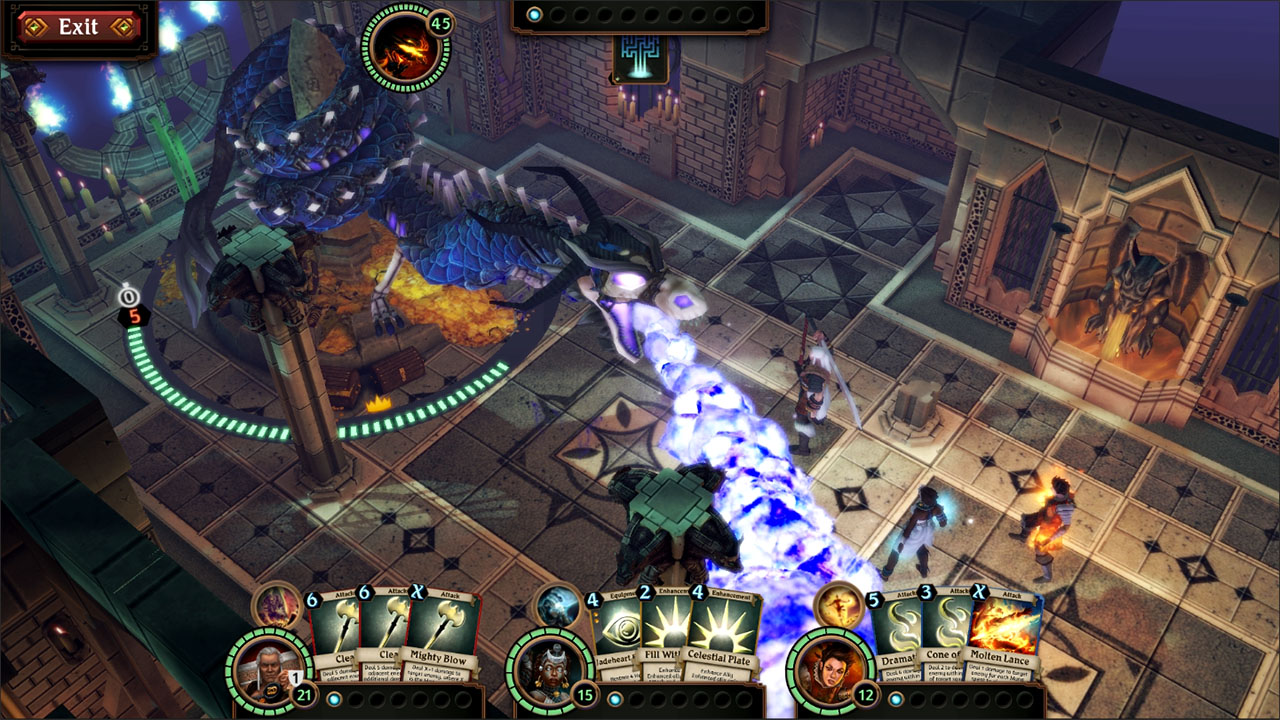
-
Labyrinth #3
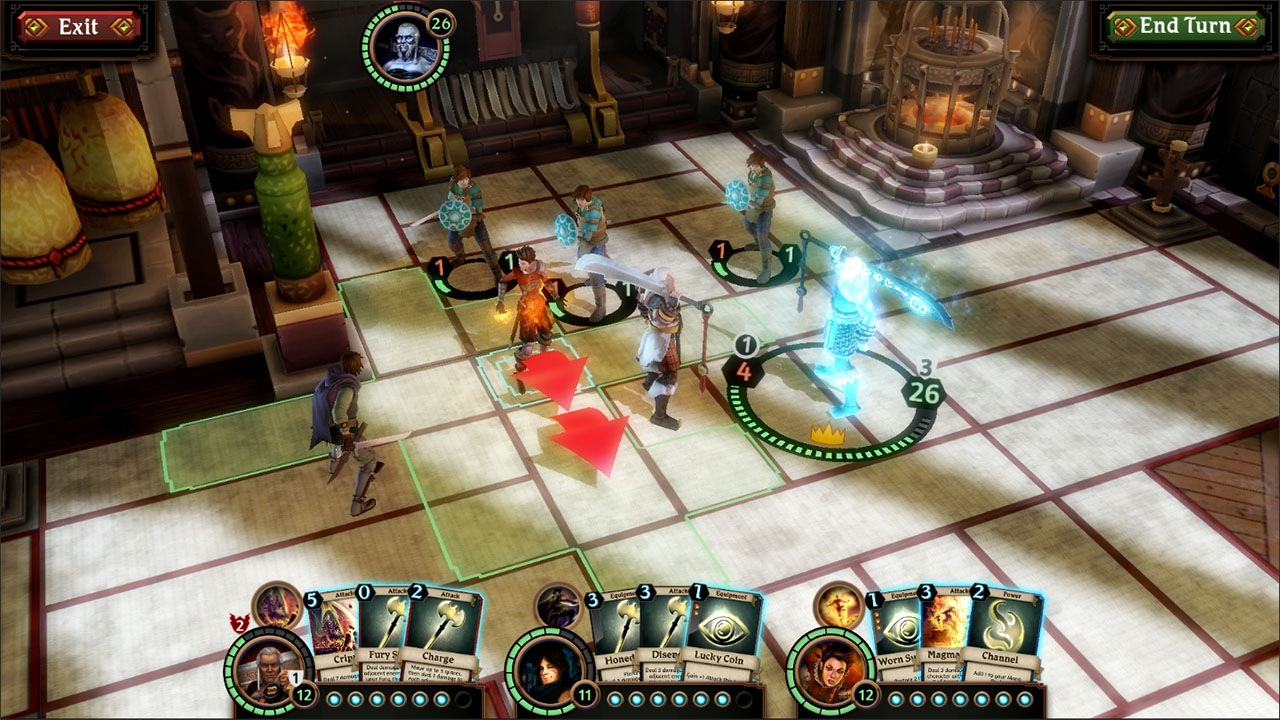
-
Labyrinth #4
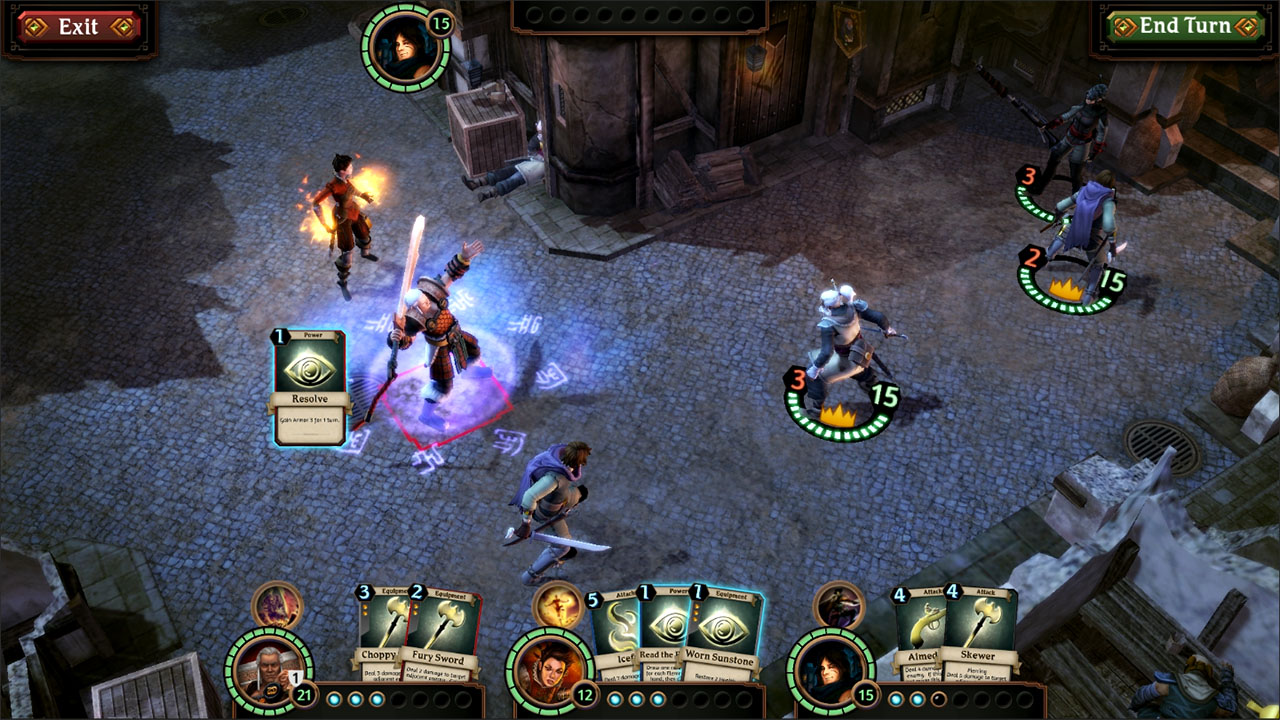
-
Labyrinth #5
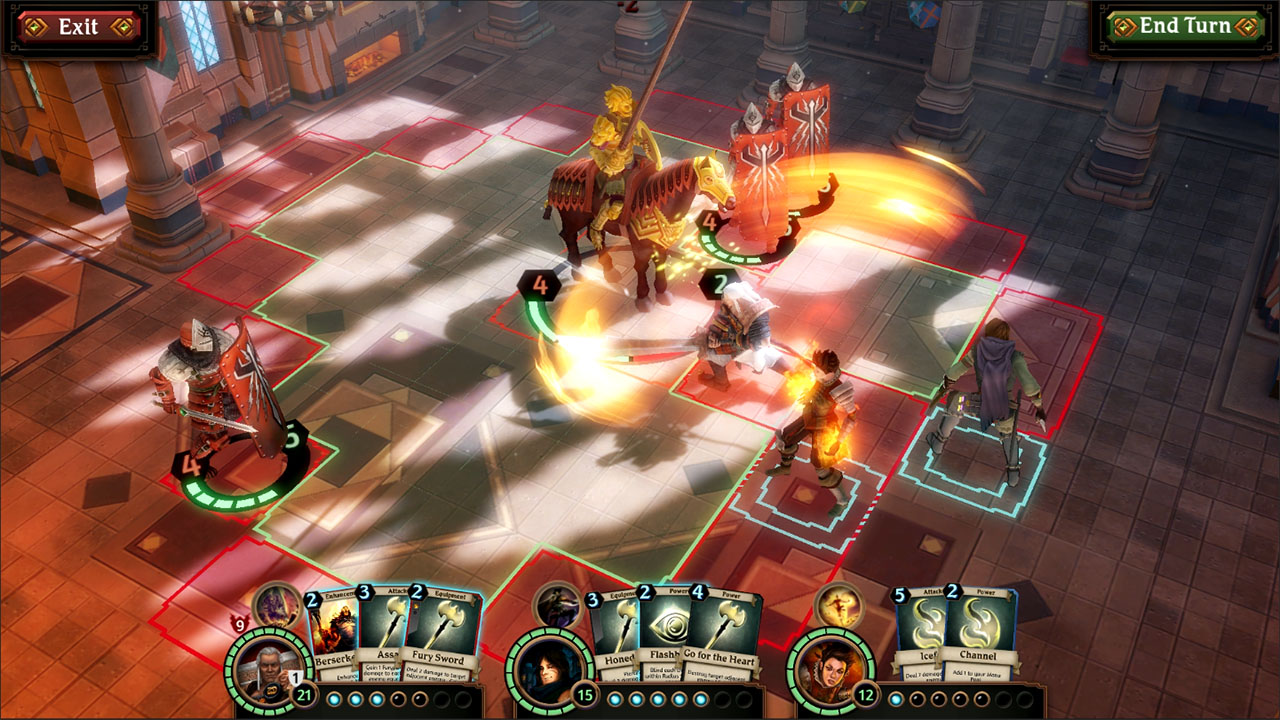
-
Labyrinth #6
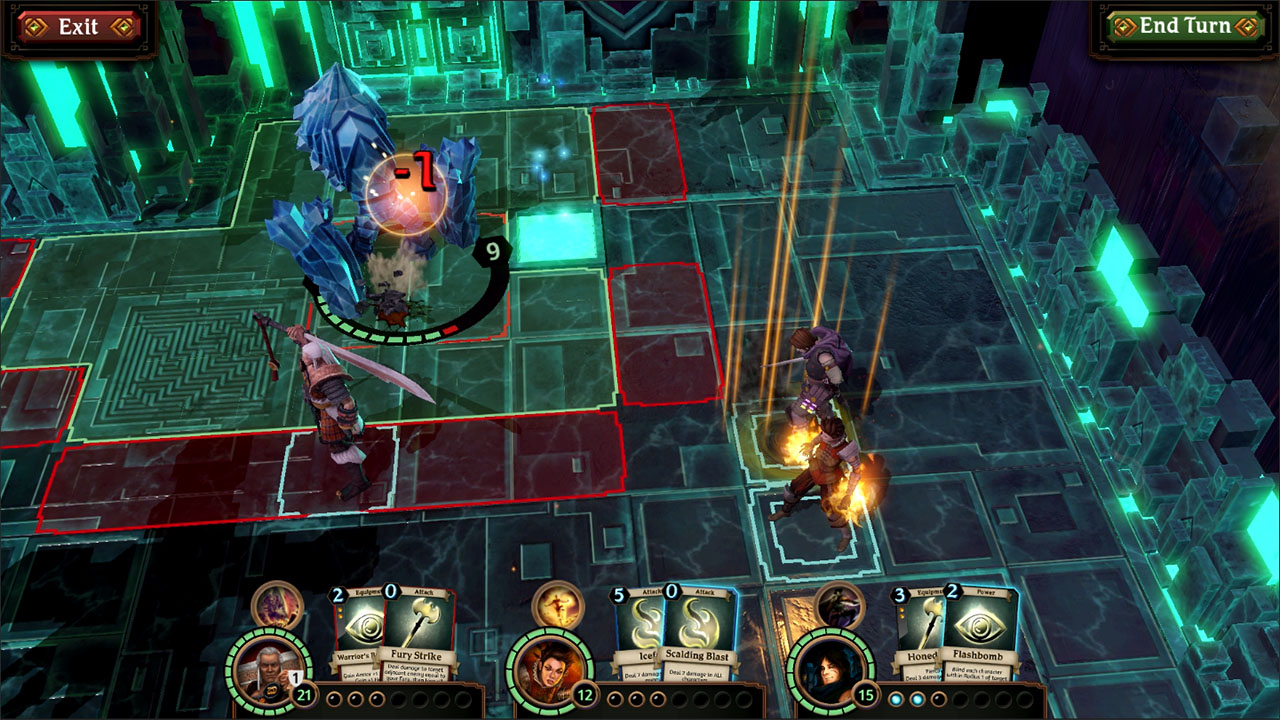
-
Labyrinth #7
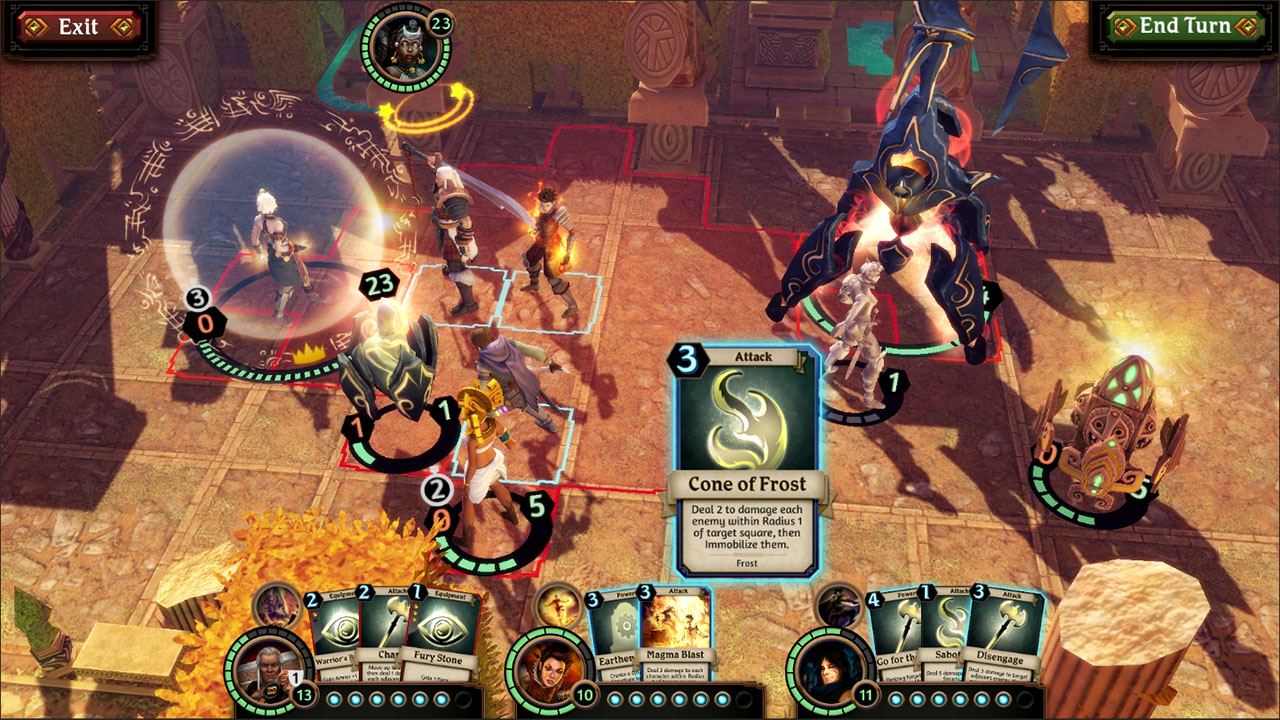
-
Labyrinth #8
